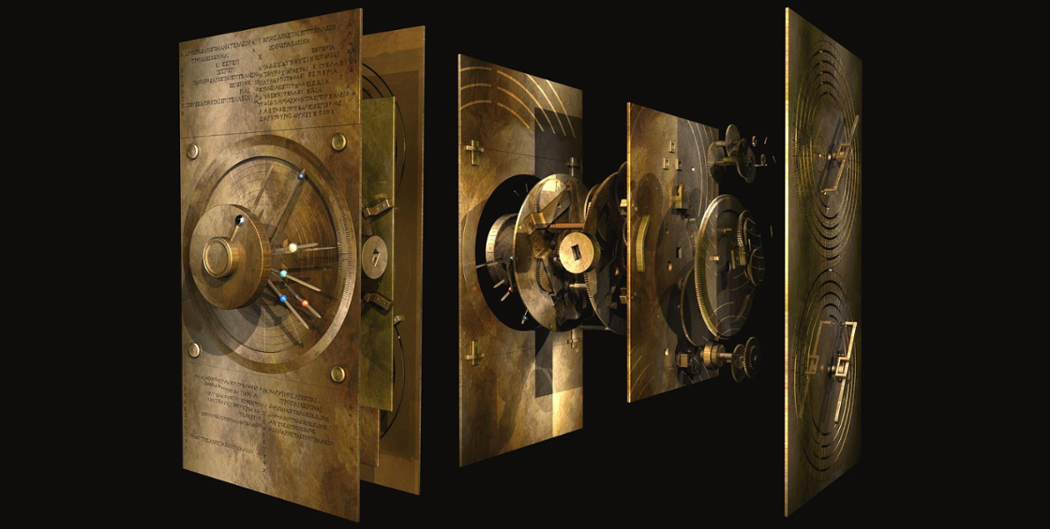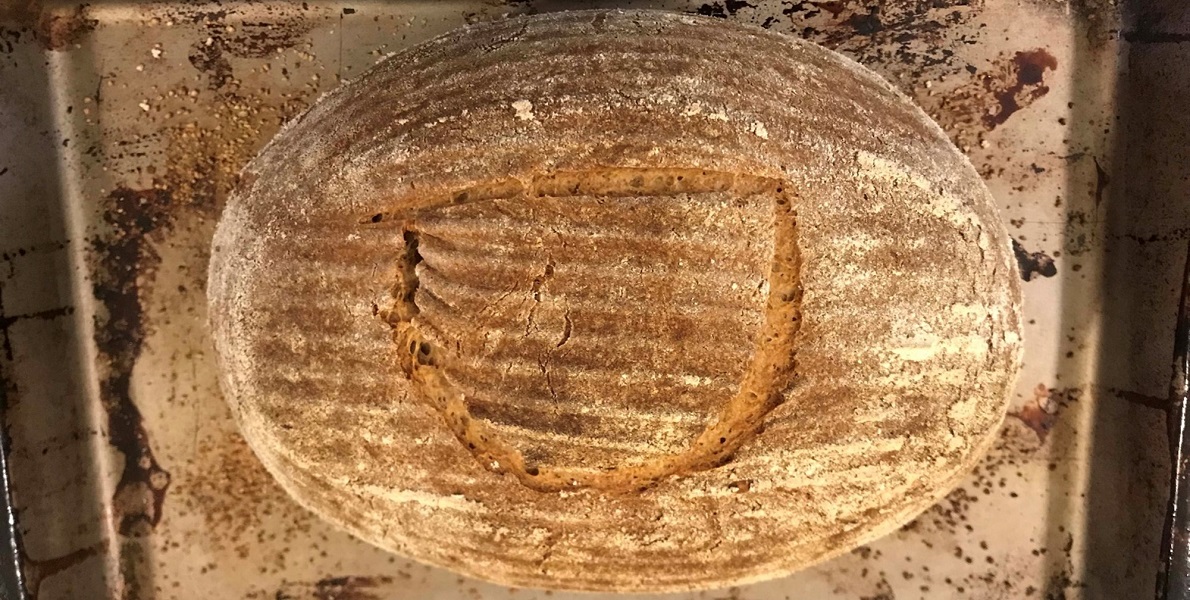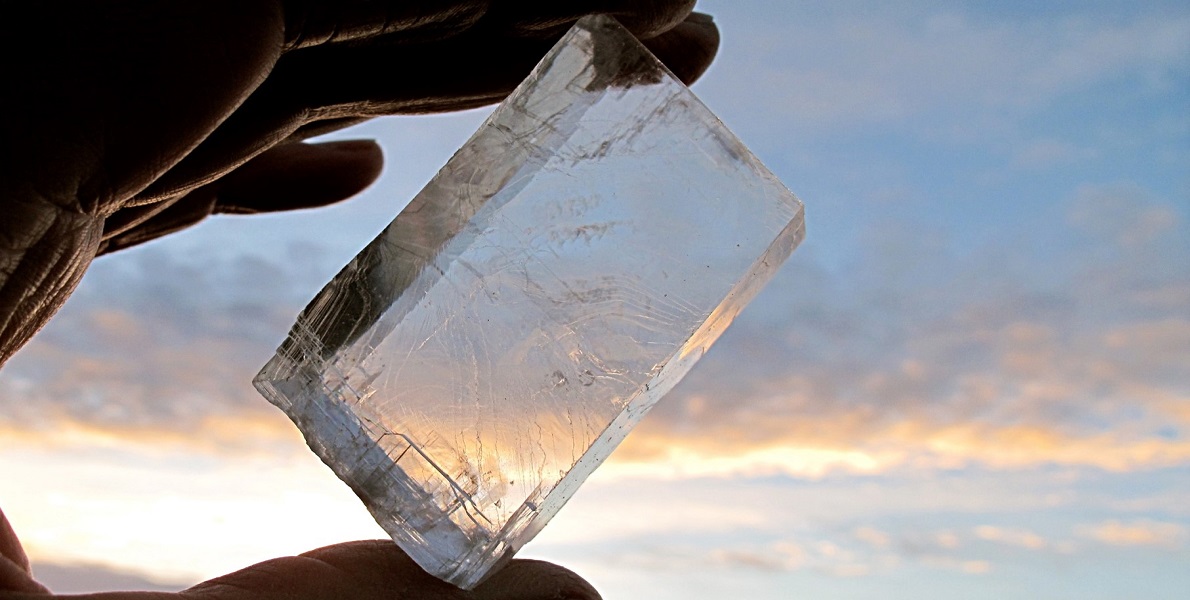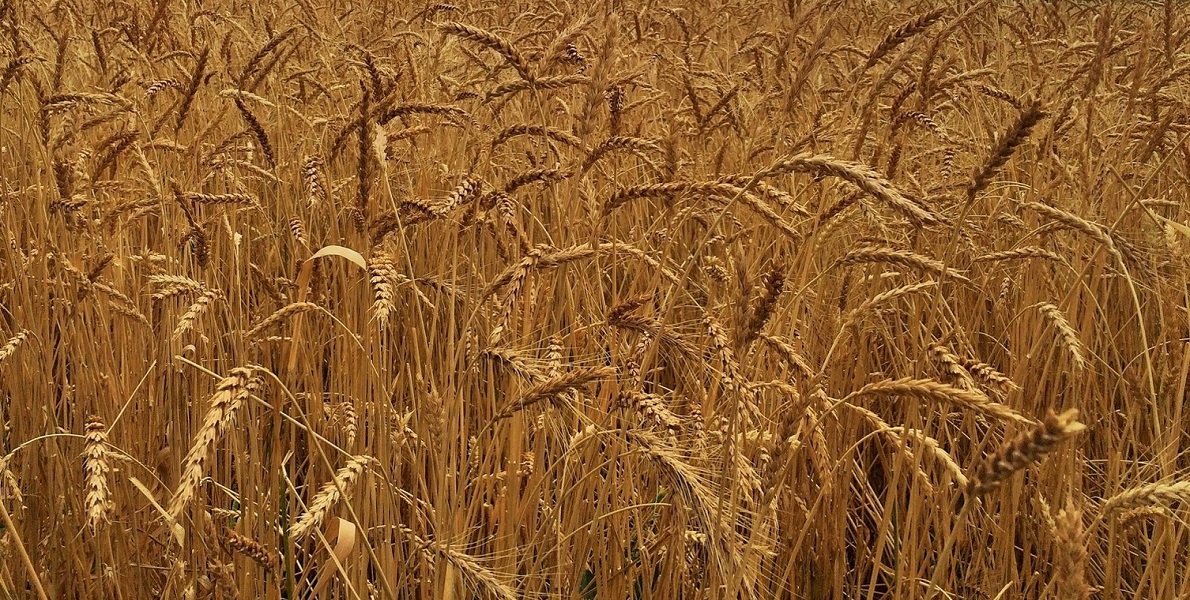Senior Projects
Main Content




Ancient Practices Senior Projects
The capstone requirement for completion of the Ancient Practices minor is completion of at least 3 credits hours of a 400 level senior project. (Students are normally required to complete 9 credit hours of acceptable foundational courses before attempting their senior project requirement, but in some cases requirements may be met concurrently with approval of the Director of the Ancient Practices program.)
Student have three options for completing this requirement:
- Univ 431
- An approved equivalent program of studies within their own major on a topic relevant to Ancient Practices
- Approved immersive study abroad, (e.g. Philosophy 490-800/801 Ancient Legacies-Greece/Egypt)
Univ 431
Univ 431 is a capstone course of study created specifically for satisfaction of the senior project requirement for the Ancient Practices minor. Students will usually have completed at least 9 credit hours of relevant course work prior to undertaking this class. Students enrolled in this course will be expected to complete a course of individual study, research or advanced studies related to some aspect of life in the ancient world. This study will be completed under the supervision of a member of the faculty. Individual projects must be approved by Ancient Practices academic steering committee prior to registration. Specific deliverables will be determined by the nature of the work undertaken and will be defined by the supervising faculty member, but will include a written report for review by Ancient Practices academic steering committee and a concise summary suitable for online publication.Completion of Univ 431 will automatically satisfy the senior project requirement for the Ancient Practices minor but may not also count for credit towards other degree requirements (i.e. may not count for credit as an elective towards any particular major).
Approved Equivalent Program
It is anticipated that most students will prefer to satisfy the senior project requirement by completion of an equivalent senior project/senior thesis/independent study or similar advanced course of studies that simultaneously satisfies requirements for their own major. In this way, credit hours completed can be counted toward both the student’s own degree requirements within their own major and also to satisfaction of the requirements of the Ancient Practices minor. Requirements of the project to be completed will be determined by the requirements of student’s own degree program, and the specific topic selected will be relevant to some aspect of life in the ancient world. Topics chosen must be:
- relevant to some aspect of life in the ancient world,
- completed under the supervision of a member of the faculty and,
- approved in advance by the Director of the Ancient Practices program (or their designee).
For example:
- Engineering students might choose to satisfy this requirement by completion of their senior design project (Eng 495) by constructing a machine modeled after a Roman era device
- Fine arts students might choose to produce an Objet d'art using ancient materials or methods
- Science students might choose to reproduce an ancient material (e.g. pitch?, glue? pigment? etc.) using traditional methods then analyze the resulting product.
- Media arts students might produce a 3D digital model of an ancient structure or object that accurately reflects the characteristics of the ancient original
- Fermentation science majors might brew beer or mead using traditional ancient recipes and ingredients
- And so forth.
Students are encouraged to develop proposals for relevant potential projects that are of particular interest to them. We strongly encourage students to begin thinking about potential projects early and to initiate conversations with potential faculty supervisors and with the Ancient Practices program early to discuss their ideas, so that final projects are appropriate with respect to their scope, practicality and subject matter.
In addition to the requirements of their home program, all student substituting an alternative course for satisfaction of the senior project requirement of the Ancient Practices minor will be required to submit at least a summary report of their project, suitable for online publication, to the Ancient Practices program.
Ancient Legacies Study Abroad Program
Students that are unable to complete a suitable senior project may satisfy the capstone requirement for the minor by completion of at least 3 credit hours of approved study abroad. E.g. by participation in Philosophy 490-800/801 Ancient Legacies-Greece/Egypt. See the Ancient Legacies travel abroad site, or contact the Ancient Practices program or Professor Robert Hahn for additional information. Note: Students are responsible for all costs associated with participation in this study abroad program.

